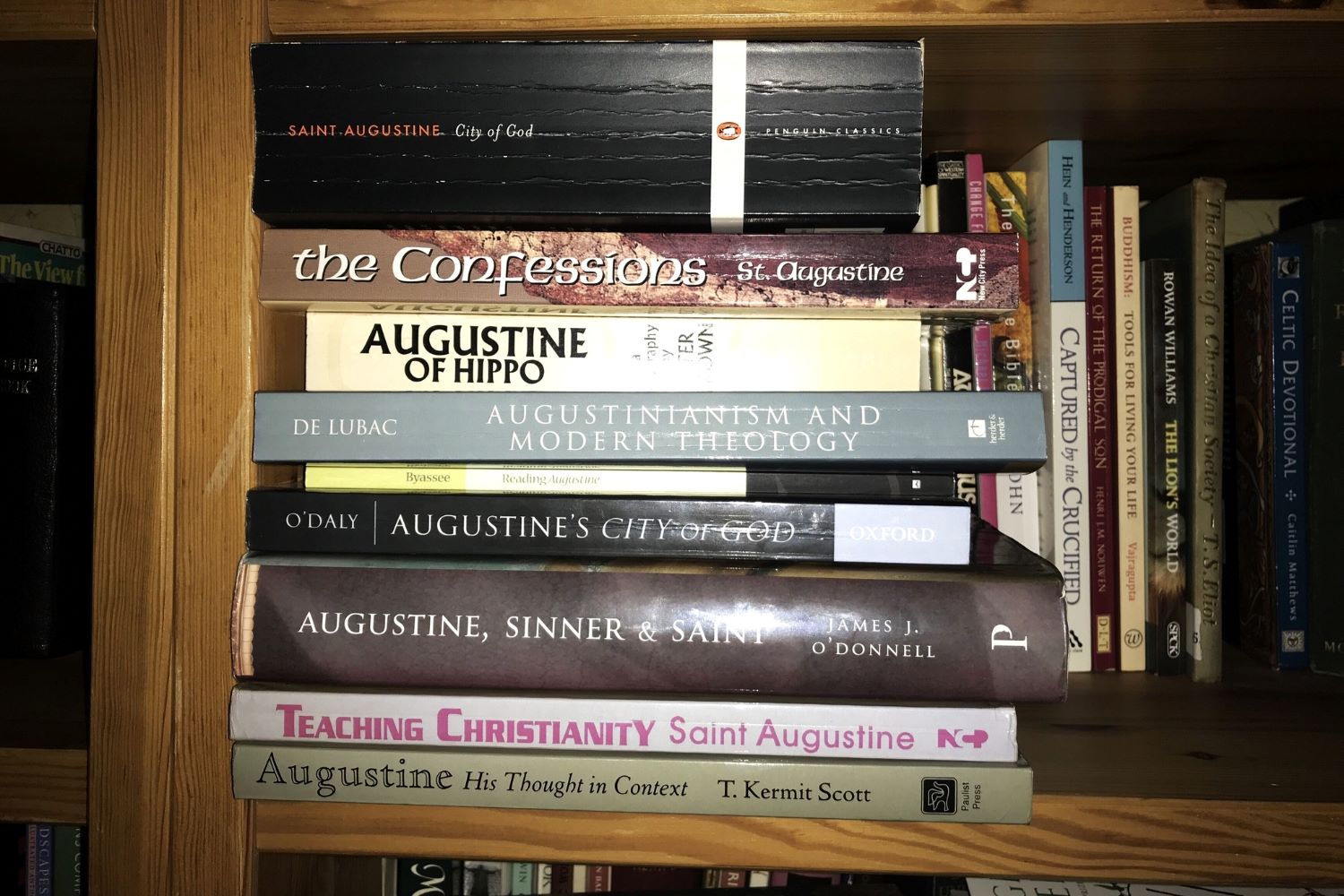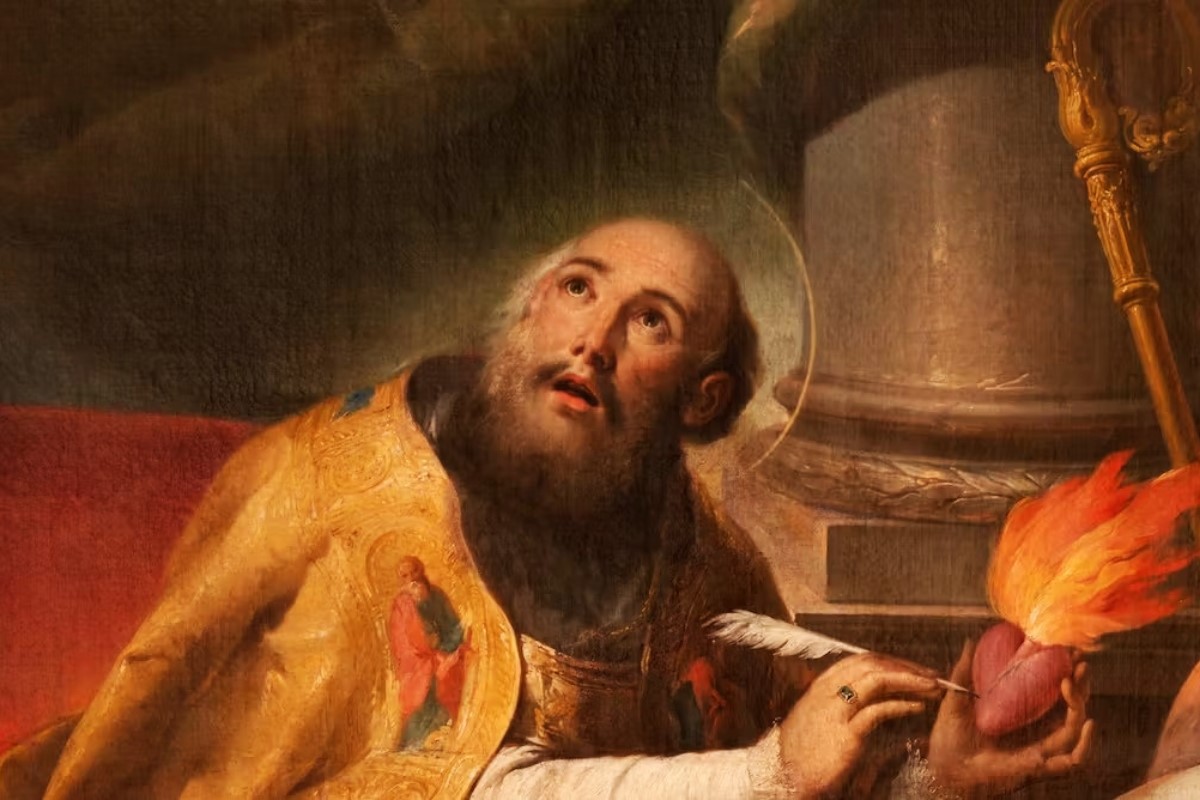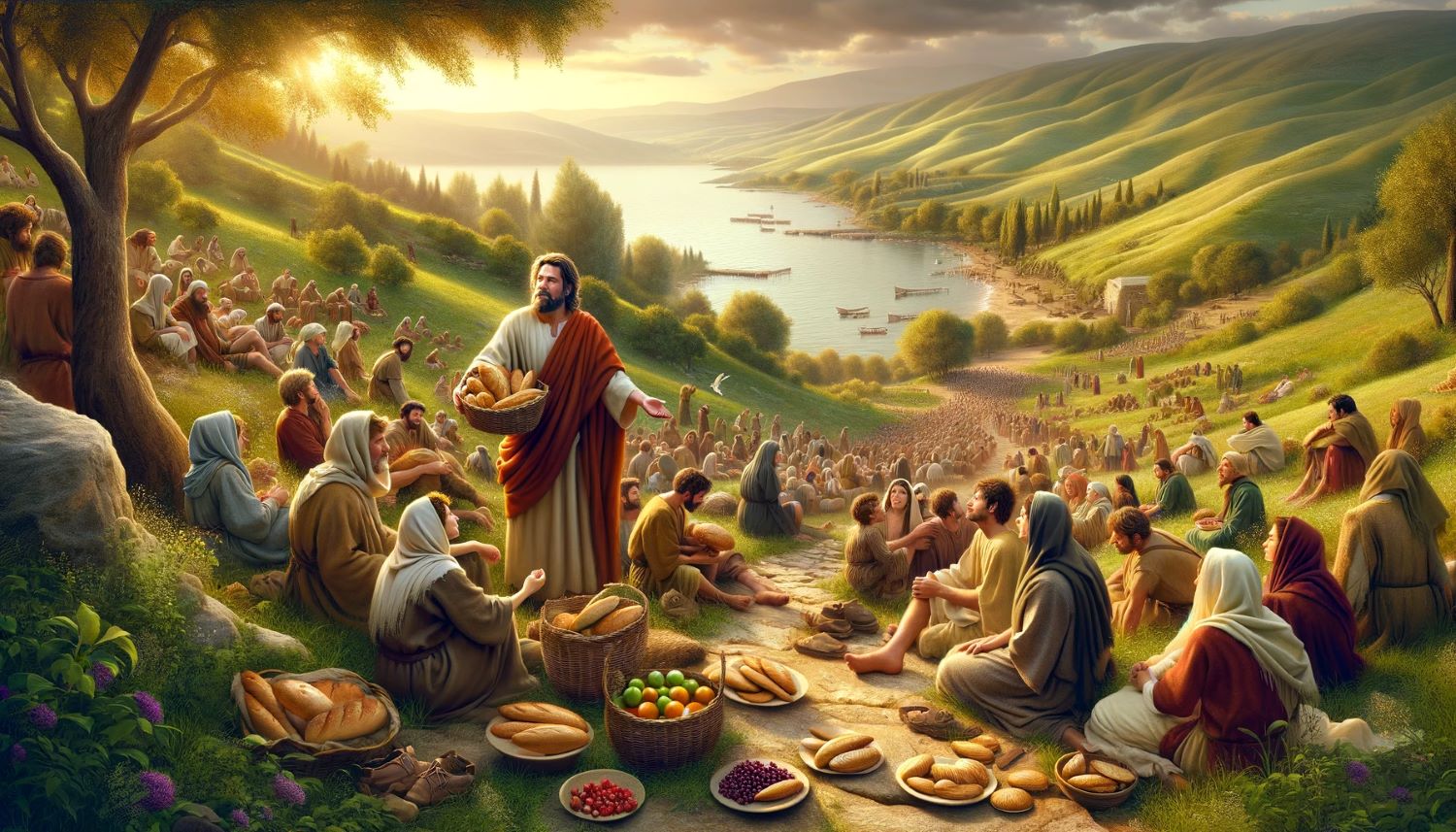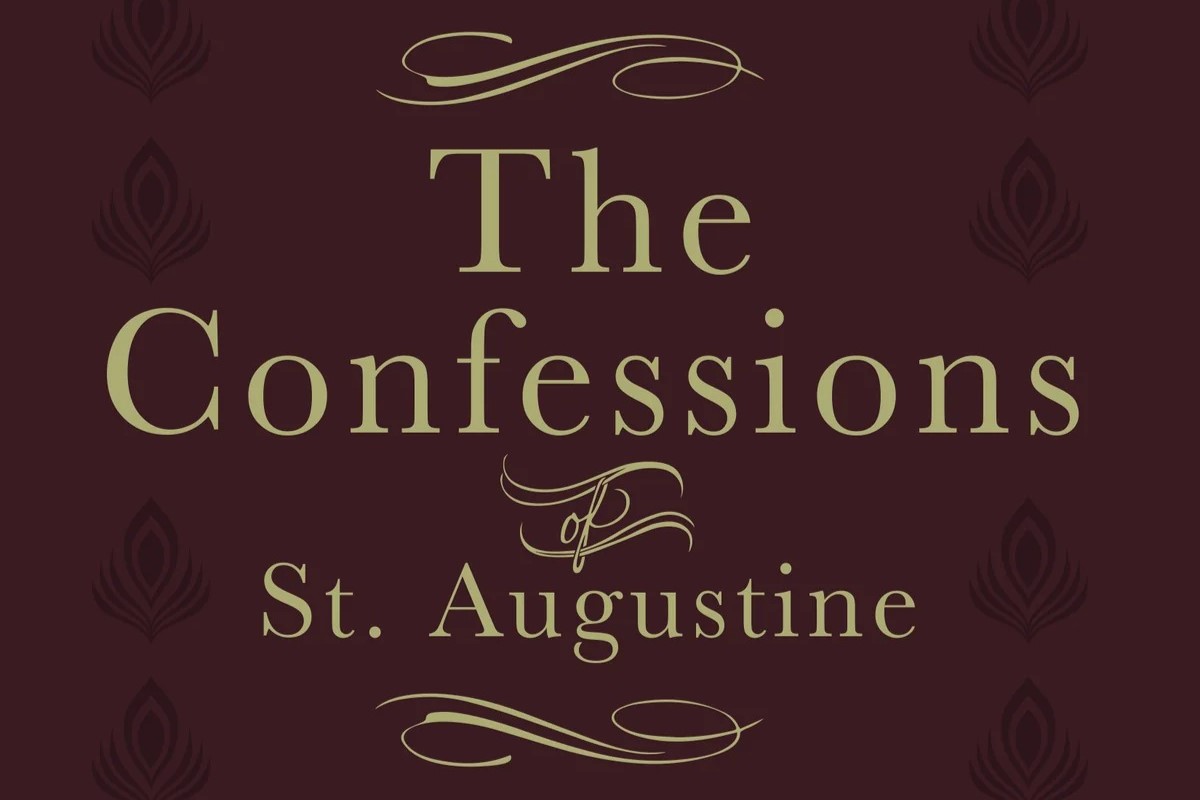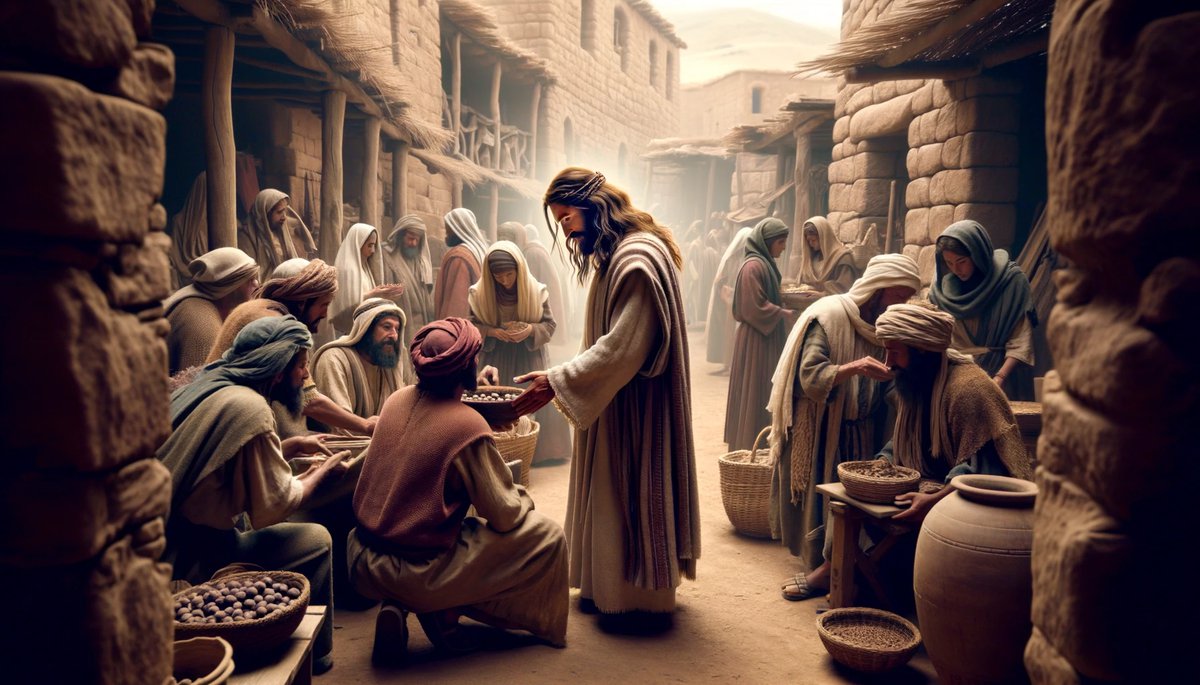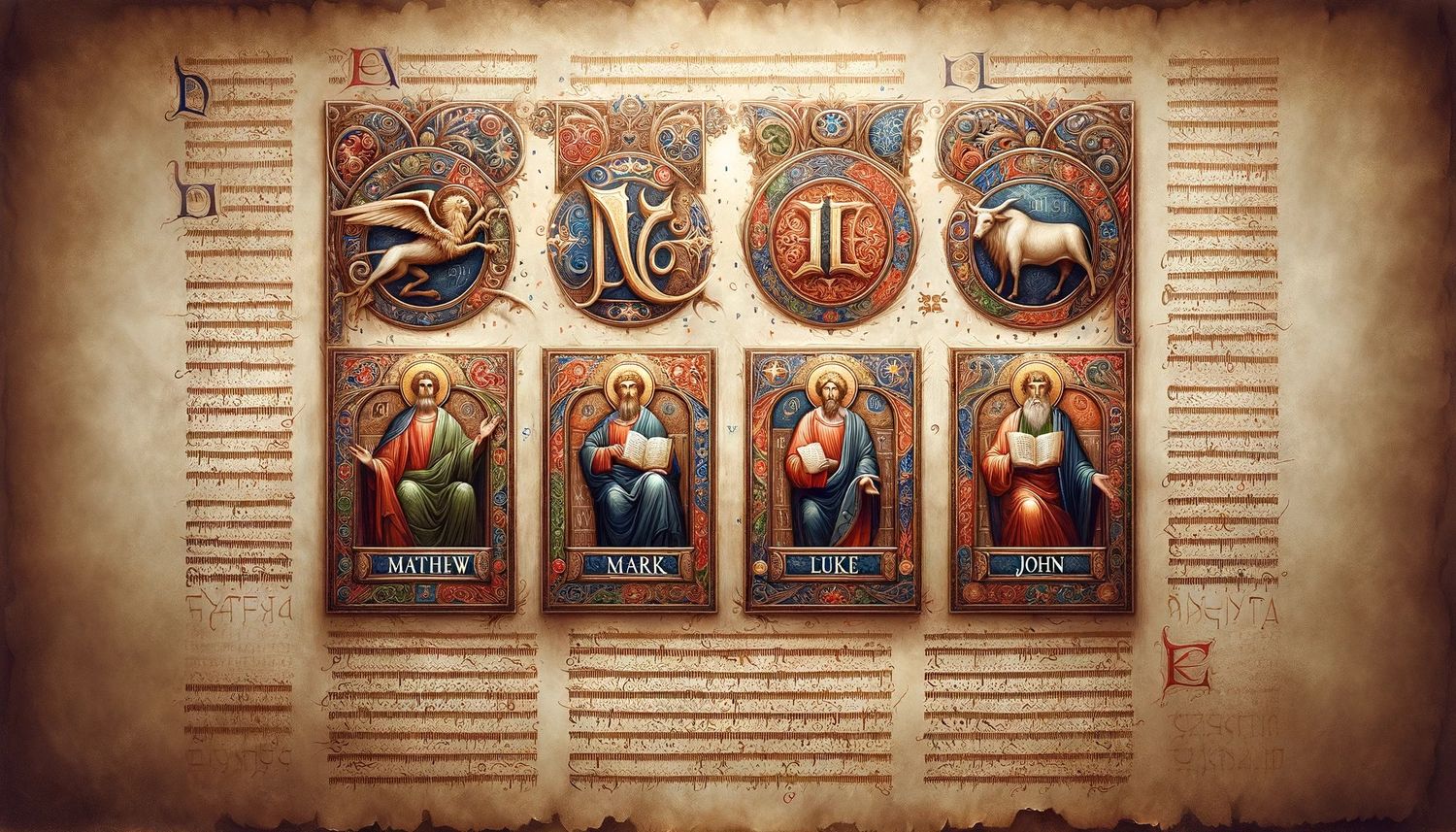Home>Arts and Culture>How Many Hymns Did Charles Wesley Write?


Arts and Culture
How Many Hymns Did Charles Wesley Write?
Published: March 7, 2024
Peter Smith, Editorial Director at Christian.net, combines deep insights into faith, politics, and culture to lead content creation that resonates widely. Awarded for his contributions to religious discourse, he previously headed a major organization for religious communicators, enhancing dialogue on faith's societal impacts.
Discover the prolific hymn-writing legacy of Charles Wesley in the arts and culture realm. Learn about the extensive repertoire of hymns attributed to this influential figure.
(Many of the links in this article redirect to a specific reviewed product. Your purchase of these products through affiliate links helps to generate commission for Christian.net, at no extra cost. Learn more)
Table of Contents
Introduction
How many hymns did Charles Wesley write? This is a question that has intrigued many people over the years. Charles Wesley, along with his brother John, played a significant role in the development of hymnody within the Methodist movement. His hymns continue to be sung by millions of people around the world. In this article, we will explore the life of Charles Wesley, his contribution to hymnody, and the enduring legacy of his hymns. So, let's dive into the fascinating world of Charles Wesley and his timeless hymns.
Read more: How Many Hymns Did Fanny Crosby Write
The Early Years of Charles Wesley
-
Family Background: Charles Wesley was born on December 18, 1707, in Epworth, Lincolnshire, England. He was the eighteenth child of Samuel and Susanna Wesley. His father, Samuel, was a clergyman in the Church of England, and his mother, Susanna, was a strong influence on his spiritual upbringing.
-
Education and Early Influences: Charles received his early education at home from his mother and later attended Westminster School in London and Christ Church, Oxford. It was during his time at Oxford that he, along with his brother John and a group of friends, formed the "Holy Club," which focused on spiritual disciplines and charitable activities.
-
Ordained Ministry: After completing his studies, Charles Wesley was ordained as a deacon in the Church of England in 1735. He later followed in his father's footsteps and became a priest in 1738. His early years were marked by a deep sense of spiritual searching and a commitment to serving God.
-
Missionary Work: Charles Wesley's early years also saw him embark on a mission to the American colony of Georgia, where he hoped to serve as a missionary. However, his time in Georgia was challenging, and he returned to England feeling discouraged and spiritually unsettled.
-
Personal Struggles and Spiritual Awakening: It was during a period of personal struggle and doubt that Charles Wesley experienced a profound spiritual awakening. This pivotal moment in his life led to a deepening of his faith and a newfound passion for sharing the message of God's love through hymnody.
-
Marriage and Family: In 1749, Charles Wesley married Sarah Gwynne, with whom he had eight children. His family life provided him with both joy and challenges, but throughout it all, his commitment to his faith and his calling as a hymn writer remained unwavering.
Charles Wesley's early years were marked by a rich tapestry of experiences, from his upbringing in a large and devout family to his educational pursuits and his eventual journey into ordained ministry. These formative years laid the foundation for his future contributions to hymnody and the Methodist movement.
Charles Wesley's Contribution to Hymnody
Charles Wesley's contribution to hymnody is nothing short of remarkable. His deep faith, poetic gift, and commitment to spreading the message of Christianity through music resulted in a prolific output of hymns that continue to inspire and uplift people to this day. Here are some key aspects of Charles Wesley's contribution to hymnody:
-
Prolific Hymn Writing: Charles Wesley's hymn writing was prolific, with estimates of his output ranging from 6,000 to 9,000 hymns. This staggering number of hymns reflects his unwavering dedication to using music as a means of expressing and sharing his faith.
-
Theological Depth: Wesley's hymns were not merely poetic expressions; they were deeply theological. His hymns explored a wide range of Christian doctrines and themes, including the life of Christ, the work of the Holy Spirit, the believer's journey of faith, and the hope of eternal life. Through his hymns, Wesley sought to teach, encourage, and edify those who sang them.
-
Musical Adaptability: Many of Charles Wesley's hymns were set to popular tunes of the time, making them accessible to a wide audience. This musical adaptability contributed to the widespread popularity of his hymns and ensured that they could be easily integrated into worship services and communal singing.
-
Emotional and Personal Expression: Wesley's hymns often reflected his own spiritual journey and personal experiences. They conveyed a deep sense of emotion, from the struggles of doubt and fear to the joys of faith and assurance. This personal touch resonated with many people, making his hymns deeply relatable.
-
Global Impact: Charles Wesley's hymns have had a global impact, transcending cultural and linguistic boundaries. Translated into numerous languages, his hymns have been embraced by diverse Christian communities around the world, contributing to their enduring legacy.
-
Collaboration with Musician: While Charles Wesley wrote the lyrics to his hymns, he often collaborated with musicians, such as his brother John and others, to set his words to music. This partnership between poetry and music resulted in hymns that were not only lyrically rich but also musically engaging.
Charles Wesley's contribution to hymnody represents a profound intersection of faith, artistry, and the desire to communicate the Christian message in a way that resonates deeply with people. His hymns continue to be cherished for their timeless beauty and enduring spiritual significance.
The Legacy of Charles Wesley's Hymns
Charles Wesley's hymns have left an indelible mark on the landscape of Christian worship and spirituality. Their enduring legacy is evident in the profound impact they have had on individuals, congregations, and the broader Christian tradition. Here are some key aspects of the legacy of Charles Wesley's hymns:
-
Spiritual Nourishment: Wesley's hymns continue to provide spiritual nourishment to countless individuals. Their rich theological content, coupled with emotive expression, offers a source of comfort, inspiration, and guidance in the Christian journey.
-
Worship Tradition: Many of Wesley's hymns have become integral to the worship tradition of various Christian denominations, particularly within the Methodist and Wesleyan traditions. They are sung in churches, chapels, and gatherings, serving as a means of communal praise and devotion.
-
Theological Influence: Wesley's hymns have had a significant theological influence, shaping the beliefs and understanding of Christian doctrine for generations. They articulate core Christian teachings in a way that is accessible and memorable, contributing to the spiritual formation of believers.
-
Musical Heritage: The musical heritage of Charles Wesley's hymns is profound. Their melodies, often set to well-loved tunes, have become intertwined with the musical identity of Christian worship. They continue to be performed and recorded in various musical styles, ensuring their relevance in contemporary contexts.
-
Social Impact: Beyond the realm of worship, Wesley's hymns have had a social impact, fostering a sense of community and shared faith among diverse groups of believers. They have been sung in settings ranging from intimate gatherings to large-scale events, uniting people in their common Christian heritage.
-
Literary Significance: From a literary standpoint, Wesley's hymns represent a significant contribution to English poetry. Their lyrical beauty, emotional depth, and evocative imagery place them among the enduring works of English literature, transcending their original purpose as hymnody.
-
Global Reach: The global reach of Wesley's hymns cannot be overstated. Translated into numerous languages, they have crossed cultural and linguistic boundaries, resonating with believers across the world. Their universal themes and timeless messages continue to speak to diverse audiences.
-
Continued Inspiration: Charles Wesley's hymns remain a source of inspiration for contemporary hymn writers, musicians, and worship leaders. Their enduring popularity and relevance serve as a testament to the enduring power of Wesley's poetic and theological legacy.
The legacy of Charles Wesley's hymns is a testament to the enduring impact of his creative and spiritual contributions. Their influence extends far beyond his lifetime, enriching the worship, theology, and communal life of the Christian faith. Wesley's hymns continue to be cherished as a precious inheritance, inviting believers to engage with the timeless truths they convey.
Conclusion
In conclusion, the life and work of Charles Wesley stand as a testament to the profound impact of his hymnody on the Christian faith. From his early years shaped by spiritual fervor and personal struggles to his prolific output of thousands of hymns, Wesley's legacy endures as a source of spiritual nourishment, theological influence, and musical heritage. His hymns continue to resonate with believers across the globe, transcending cultural and linguistic boundaries. The enduring legacy of Charles Wesley's hymns serves as a timeless reminder of the power of music and poetry to communicate the enduring truths of the Christian message. Wesley's hymns remain a cherished treasure, enriching the worship, theology, and communal life of the Christian faith for generations to come.
